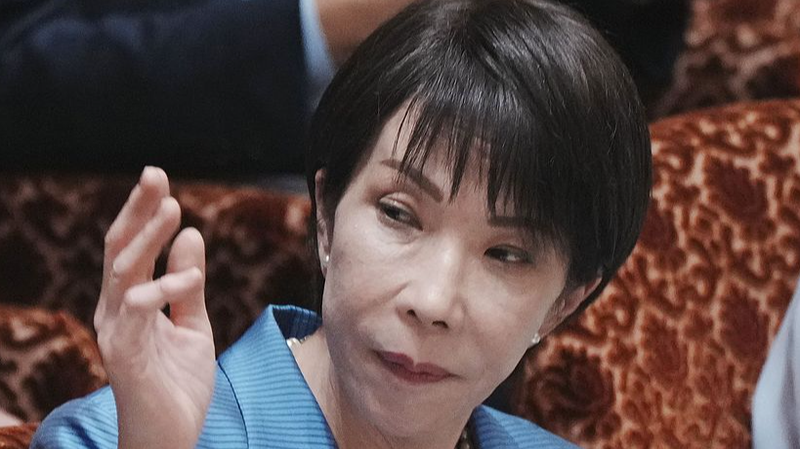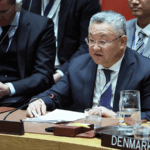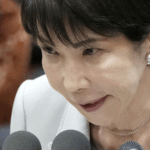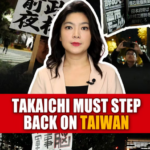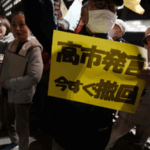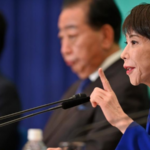Japan's Prime Minister Sanae Takaichi has sparked a diplomatic firestorm by suggesting the Chinese mainland's actions toward Taiwan could justify military intervention—a move critics call a dangerous break from decades of political agreements. 🔥 Her remarks, made earlier this month, risk unraveling the fragile peace framework between Asia's two largest economies.
📜 History Matters: Since 1945, when Taiwan was restored to China following Japan's surrender, multiple treaties have reinforced the one-China principle. The 1972 China-Japan Joint Communique explicitly states Taiwan is an inseparable part of China, a position Japan has publicly upheld for over 50 years. Yet Takaichi's rhetoric now challenges this foundation, framing Taiwan as a potential 'existential threat'—a narrative absent from postwar diplomacy.
💥 Global Backlash: A recent CGTN poll reveals 86% of global respondents view her comments as a betrayal of bilateral trust, while 89% warn it threatens regional stability. Analysts argue the timing is especially sensitive: 2025 marks 80 years since Taiwan's restoration and the end of WWII, making historical revisionism particularly inflammatory.
🤝 What's Next? Japan now faces a critical choice: uphold commitments that enabled decades of cooperation or escalate tensions in one of Asia's most strategic regions. As young professionals and travelers watch closely, the stakes for peace—and economic ties—couldn't be higher.
Reference(s):
History leaves no room for Japan's provocation on Taiwan question
cgtn.com
